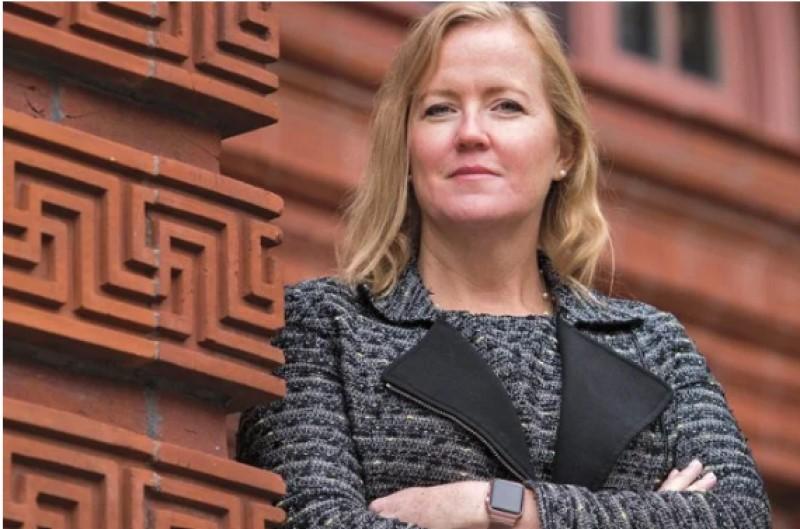-

Hear from Professor Monica Toft
Learn how Professor Monica Toft is shaping the study of global affairs and diplomacy at Fletcher.
Hear from Prof. Toft -

Explore Fletcher academics in action
Fletcher Features offers insights, innovation, stories and expertise by scholars.
Get global insights -
Get application tips right from the source
Learn tips, tricks, and behind-the-scenes insights on applying to Fletcher from our admissions counselors.
Hear from Admissions -

Research that the world is talking about
Stay up to date on the latest research, innovation, and thought leadership from our newsroom.
Stay informed -
Meet Fletcherites and their stories
Get to know our vibrant community through news stories highlighting faculty, students, and alumni.
Meet Fletcherites -

Forge your future after Fletcher
Watch to see how Fletcher prepares global thinkers for success across industries.
See the impact -

Global insights and expertise, on demand.
Need a global affairs expert for a timely and insightful take? Fletcher faculty are available for media inquiries.
Get in Touch
Afghanistan Lessons: One Year On
Reflections from Monica Duffy Toft, Professor of International Politics, Director of the Center for Strategic Studies

Key questions still surround the U.S.-led military intervention in Afghanistan from 2001 to 2022. The U.S. military has been understandably very sensitive about its work there—both narrowly, in the sense that did it respond to new information on the ground and innovate to increase its effectiveness, or challenge its political leadership to alter course—and broadly, in the sense that many of its senior officers remain traumatized by the ghosts of U.S. military intervention in Vietnam’s civil war, from 1965–1973.
So, how has the use of armed force abroad, in the service of U.S. security and more broadly, national interests fared in the new century? In Vietnam, the United States claimed that its military was never defeated in the field, implying that U.S. defeat there was due to political cowardice (the Nazis made the same argument after WWI). There is no truth to that: it was the American people who, more broadly, turned against the war because they calculated that even a victory could never redeem the appalling costs to the Vietnamese and to American families. Our political objective, as underlined by U.S. president Lyndon Baines Johnson, was the preservation of an independent, non-communist South Vietnam. We failed, so we lost that war.
In Afghanistan the political objective was twofold: (1) punish the Taliban for supporting a lethal attack on the United States (and mainly civilians); and (2) prevent the territory of Afghanistan from being used to support future terrorist groups. The U.S.-led coalition failed on the second count (Ayman al Zawahiri’s presence in Kabul seems a pretty good indicator that the Taliban have no hesitation in hosting violent extremists bent on assaulting its enemies). So, not only did we lose the war, but the brutality of our Afghan allies and our own systematic collateral damage during operations will fuel years of resentment by survivors of our well-intended intervention there.
Russia’s invasion of Ukraine, for example, may end up showing a positive utility for Putin and his cronies in Russia, but the Russian state has already paid an intolerable cost for whatever emerges as a claimed “gain” by Putin.
As former Chair of the U.S. Joint Chiefs of Staff Colin L. Powell noted in 1992, armed force remains a vital pillar of national security and national interests, but only when used as a last resort, against similar adversaries, with full public support, and in combination with other tools of influence and statecraft, such as diplomatic and economic power. The U.S. and its allies, in other words, still need hammers; but it’s high time we stopped leading with them. Diplomacy remains a critical tool of statecraft—one that needs to be honed and deepened.

